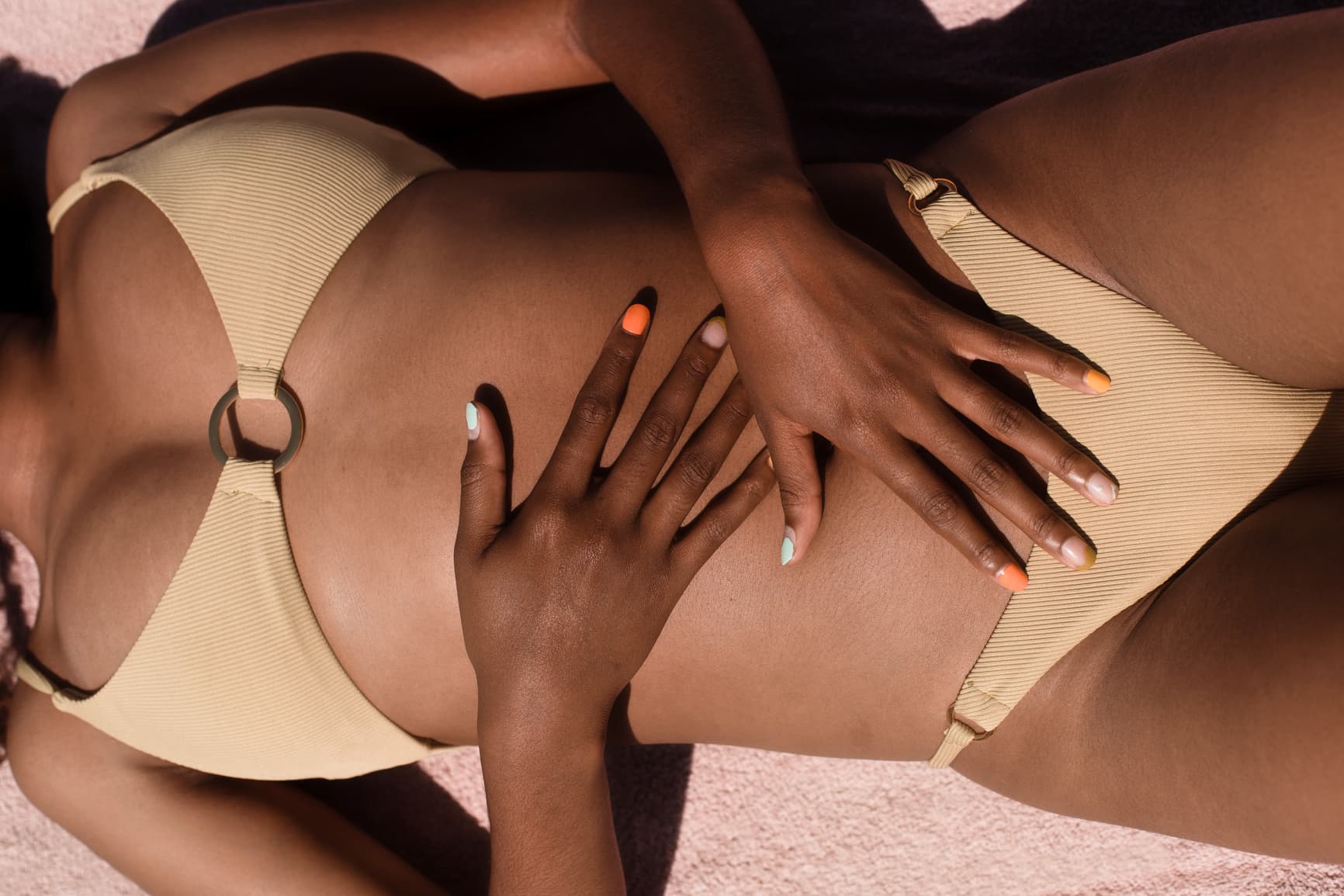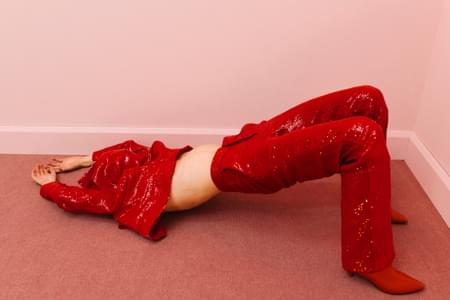This website will offer limited functionality in this browser. We only support the recent versions of major browsers like Chrome, Firefox, Safari, and Edge.

Interstitial cystitis, also known as painful bladder syndrome, is a chronic bladder condition that can be uniquely frustrating for a number of reasons. While this disorder is not uncommon (up to 8 million women in the United States may have IC), effective treatment for interstitial cystitis can be difficult to find. Painful bladder syndrome can range in symptoms and severity, meaning that it is often misdiagnosed. Meanwhile, pain and discomfort caused by IC can cause disruptions to all aspects of your daily life, including your ability to enjoy healthy sex.
How does interstitial cystitis affect a person’s sexual function?
Painful sex is a common experience among people with IC, with most patients reporting pain either during or following penetrative sexual intercourse. Unfortunately, this can have a profound effect on relationships, causing feelings of shame, tension, or insecurity between patients and their partners.
Do these symptoms differ at all from those of endometriosis or vulvodynia (vulvar pain)?
Typically, interstitial cystitis or endometriosis will cause pain from deep penetration during sex. Pain at the entrance or superficial penetration is classically associated with vulvodynia, vaginismus, atrophy and/or a lack of lubrication. However, this is a complex disease process and there are sometimes exceptions to these general guidelines.
Does sexual activity prompt IC flares?
In many cases, patients with IC can have increased bladder symptoms after intercourse. This could manifest as a flare-up in urinary urgency, a feeling of needing to go to the bathroom frequently and not being able to fully empty your bladder, or a sensation of pressure in the lower abdomen.
Are sexual symptoms of painful bladder syndrome different for women vs men?
While interstitial cystitis is more common among women, symptoms can affect men as well. For women, IC usually causes deep dyspareunia or post-intercourse pain. Men may experience pain while or after having an erection or ejaculating.
Any other factors or activities that may cause flare ups?
IC has been linked to systemic inflammation, meaning flare-ups can be caused by any activities that increase inflammation in the body. Common causes of flare-ups include stress, anxiety, and fatigue.
There are also foods that can exacerbate interstitial cystitis symptoms. Current data suggests that triggers include citrus fruits, tomatoes, vitamin C, artificial sweeteners, coffee, tea, carbonated and alcoholic beverages, and spicy foods. Some compounds, like calcium glycerophosphate and sodium bicarbonate, seem to improve symptoms for many patients. The best place to start is with an elimination diet, as food sensitivities vary based on the individual.
You don’t have to live with bladder pain!
Painful bladder syndrome can cause symptoms that may be embarrassing or difficult to talk about, but you know better than anyone else does when it feels like there’s something wrong with your body. It shouldn’t hurt to go to the bathroom and it is not normal for sex to be too painful for you to enjoy. You deserve to be healthy and happy – if you are experiencing symptoms of interstitial cystitis, please don’t hesitate to reach out to a pelvic healthcare provider.
Latest On XOXO Blog

Foods That Love Your Heart Back: A Dietary Guide to Cardiovascular Wellness
What you eat every day has the power to strengthen your heart—or strain it. Here’s how to make every bite count.

Stress vs. Burnout: How to Spot the Difference and Recover
Feeling constantly exhausted, unmotivated, and overwhelmed? You might be dealing with more than just stress—burnout could be the culprit.


